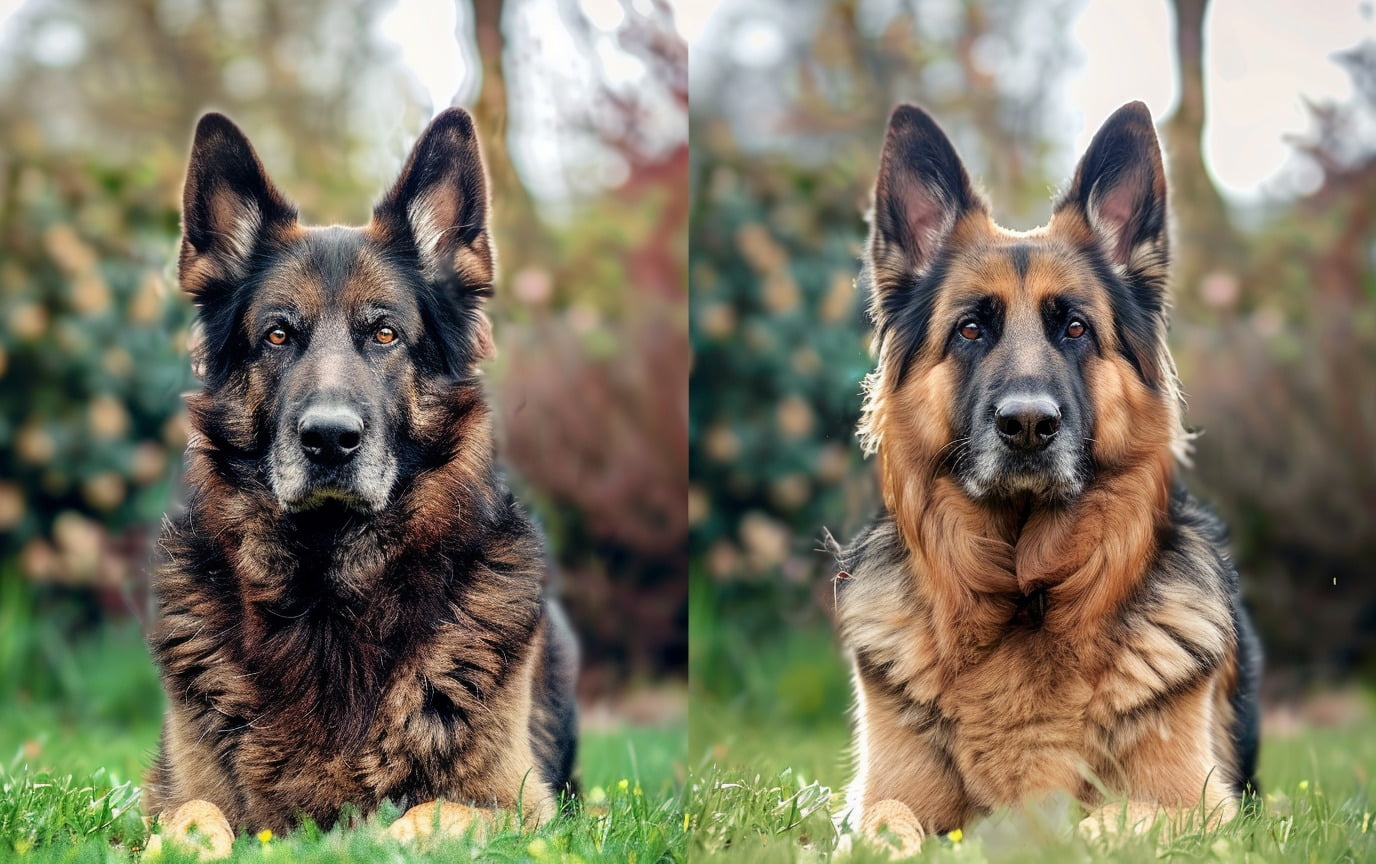Has your German Shepherd ever looked too thin to you? Perhaps those ribs show a little more than they used to or they just don’t have that signature strength of the breed. Believe me, this is common!
Although some German Shepherds are naturally lanky, there are times when low weight can be a sign of something more worrisome. Whether it’s an underlying health problem, a stressful period in their life or simply poor nutrition, gaining those extra pounds on your Shepherd is crucial for their overall well-being.
The Importance of Appropriate Weight
Imagine that the ideal weight for your German Shepherd is like wearing an armor. It keeps them from getting sick and helps strengthen their joints while also providing the energy needed for all activities. When German Shepherds are underweight, their immune system takes a hit, they might feel tired and grumpy, and their overall well-being suffers.
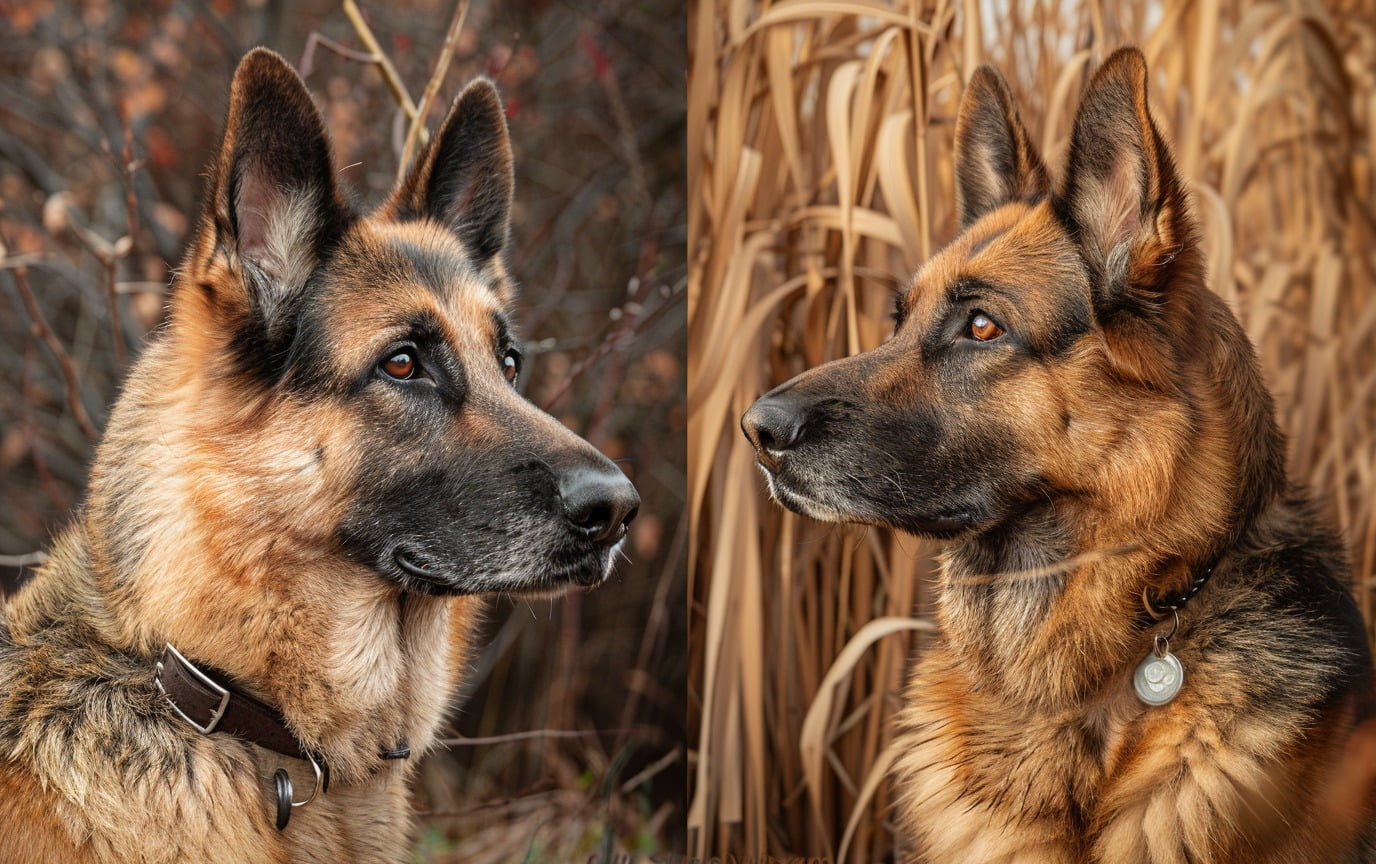
Making Food (and More!) Work
But here’s the best part! You can turn around your slender shadow into a picture of vibrant health by understanding some concepts about dieting right and maybe making some adjustments to your lifestyle as well. In this guide we will plunge into the world of healthy weight gain for German Shepherds. And remember, it isn’t just about beauty but also giving our dogs the best lives possible!
Beyond the Scale: Understanding Healthy Weight Gain for German Shepherds
Involving Veterinary Assistance
Well now; before you start loading up that dog bowl with anything and everything for your German shepherd, make sure to discuss with your vet first! Unexpected weight loss sometimes indicates underlying medical conditions such as parasites or digestive issues or other health problems in general. Your veterinarian may perform thorough examinations on the subject for eliminating these hidden culprits.
What Are Macros?
But think of muscle building and adding good weight to your german shepherd as construction of a house. And the building blocks are macronutrients – proteins, good fats and carbs. Let’s break it down:
- Protein Power: This is like bricks for your dog’s muscles. It helps them remain strong and in shape. Think of lean meats like chicken, beef or fish and eggs which are their prime constructors!
- Healthy Fats: the Energy Boost: These are no less than lights in any German Shepherd’s life. They provide intense energy and facilitate the absorption of vital vitamins into their bodies. Sources include fish oil for that glossy coat and even naturally occurring fats found in high-quality food.
- Carbs: The Sustained Fuel: Complex carbohydrates have received bad press lately but they resemble consistent fuel for your dog’s day. For example sweet potatoes, brown rice or quinoa will give your dog slow-burning energy.
Building a Winning Diet: Choosing the Right Foods for Weight Gain
Protein Powerhouses
When it comes to healthy weight gain, no other nutrient outshines protein! Here is where you can get some good stuff:
- Lean Meats: Chicken, turkey, beef, lamb – all these are muscle-building giants. Go for lean cuts and cook them thoroughly (leave alone raw meat even if you are tempted).
- Fish Frenzy: Fish such as salmon and sardines that are oily can provide the double benefits of protein and the fantastic omega-3 fatty acids required for a shiny coat.
- Egg-cellent Source: Eggs can be scrambled, boiled or prepared however your Shepherd loves them; they are easily digestible and delightful sources of protein.
- Going the Extra Mile: Organic or grass-fed options, when possible, may contain more nutrients compared to conventional meats.
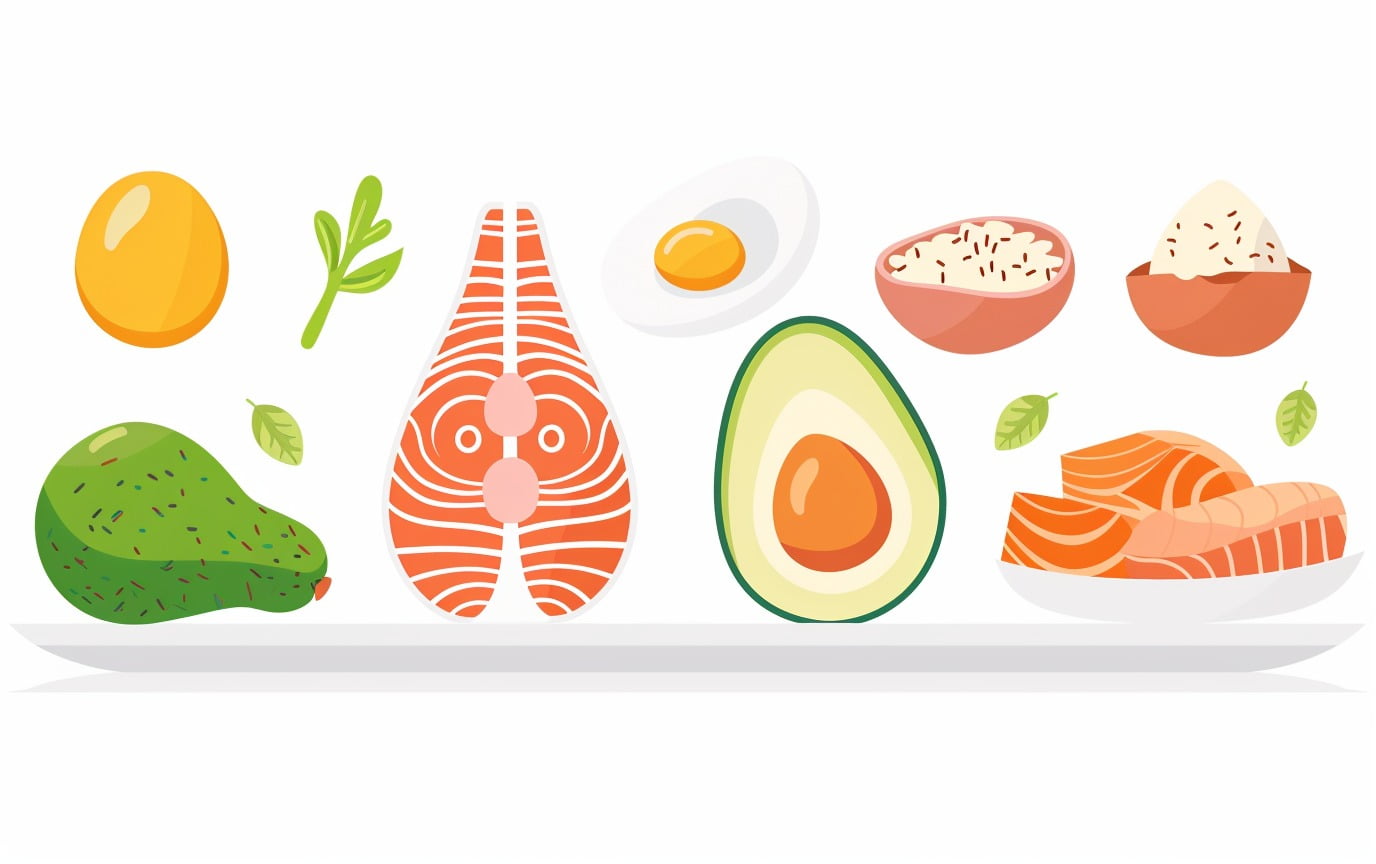
Fantastic Fats
Some fats have a bad name but healthy fats are crucial to weight gain! Here’s the scoop:
- Fish Oil Frenzy: Salmon oil is like liquid gold. It’s packed with omega-3 fatty acids which helps in skin health, coats that shine and joint support especially for larger breeds like German Shepherds.
- Flaxseed Fun: Milled flaxseed is another excellent source of these essential fats if fish isn’t their thing.
- The Fats in the Food: Healthy fats will be included in good quality kibbles and premium wet foods!
Complex Carbs for the Win
Carbohydrates provide energy that keeps your German Shepherd going strong. Choose wisely for sustained fuel:
- Sweet Potato Power: Sweet potatoes are loaded with vitamins and easy on delicate stomachs so they are perfect for gaining weight.
- Brown Rice Goodness : Brown rice is an excellent source of fiber and essential nutrients unlike white rice.
- Quinoa Craze : Technically a seed, this ancient grain is high in protein as well as healthy carbs …think about it as an extra bonus!
Finding the Right Food Formulas
Now let all these ingredients come together! In terms of food types for weight gain, here’s what you need to know:
- High-Protein Kibble: Look out for brands with named meat sources first on ingredients list with around 25-30% protein levels. And don’t forget to have a look at the fat percentage too; aim for 15-20% if you’re trying to gain weight.
- Raw to the Rescue?: Feeding them a balanced raw diet can work wonders but it must be done under the guidance of veterinary nutritionist otherwise there may be nutrient deficiencies. Let’s talk about that some more if you are keen!
- Homemade Heroes: Cooking for your Shepherd? Fantastic! You can make some really delicious and nutritious weight-gain meals. How about this supercharged salmon & sweet potato stew?
Feeding Strategies for Optimal Weight Gain and Digestion
Gradual is the Goal
Imagine eating two huge steaks in one sitting when you usually have something light – well, that’s what happens to a German Shepherd when their diet changes suddenly and drastically! Instead, we want slow and steady. Mix small amounts of new food or weight-gain add-ons into their regular meals, increasing proportion gradually over one or two weeks. This will allow their digestive system time to adjust without causing tummy upset.
Small Meals, Big Impact
So instead of feeding him once or twice from one big bowl in one day, divide his calorie intake per day into three or even four smaller portions. This way, energy levels remain stable throughout the day, bloat (a major concern with deep-chested breeds like Shepherds) is avoided and they become even more enthusiastic at mealtime!
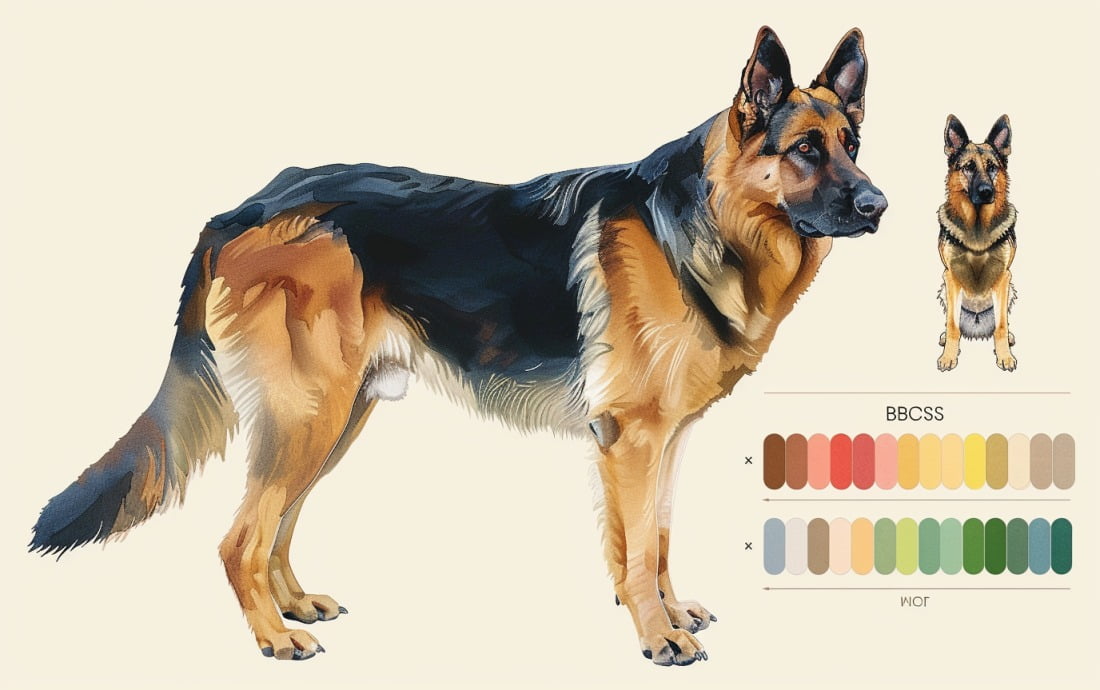
Water Works Wonders
Hydration is important, especially when introducing new foods or increasing the amount they eat. Make sure your German Shepherd always has access to clean fresh water. You can even soak their kibble in water or add some warm chicken broth for added appeal and increased hydration!
Weigh, Track, and Adjust
Think of yourself as a weight gain coach for your GSD. Weigh them once weekly (healthy gain is about 0.5-1 pound/week), keep records of their progress and make adjustments as necessary through consultation with your vet. Maybe they are doing great but could use just a tad bit more calories, or it turns out that maybe they need slightly less. Tracking is imperative for success!
A Little Extra to Help Them Along
Sometimes, especially for picky eaters or dogs with health sensitivities, you may not need much to get them going. Here are some things to talk with your veterinarian about:
- Calorie Boosters: These are special high-calorie supplements made specifically for dogs who require weight gain.
- Probiotics: Getting essential good bacteria into the gut can help digestion work better and thus make sure they receive maximum benefit from the food.
- Digestive Enzymes: They come in handy when you begin changing your dog’s diet and he starts experiencing some digestive upset.
Beyond the Food Bowl: Supporting Healthy Weight Gain Holistically
Exercise is the Magic Ingredient
The right type of exercises builds up muscle mass – think about it like natural gym workouts for your pet! It also promotes their appetite while enhancing overall body fitness. What should one consider?
Age Appropriate:Puppies require short play sessions whereas grown Shepherds enjoy going on regular walks; hikes or swimming would do well too. Gentle, low-impact exercises may be good for a senior dog.
Fun Factor: Make exercise enjoyable! Play fetch, go on adventures, or even try agility training if your Shepherd is up for it.
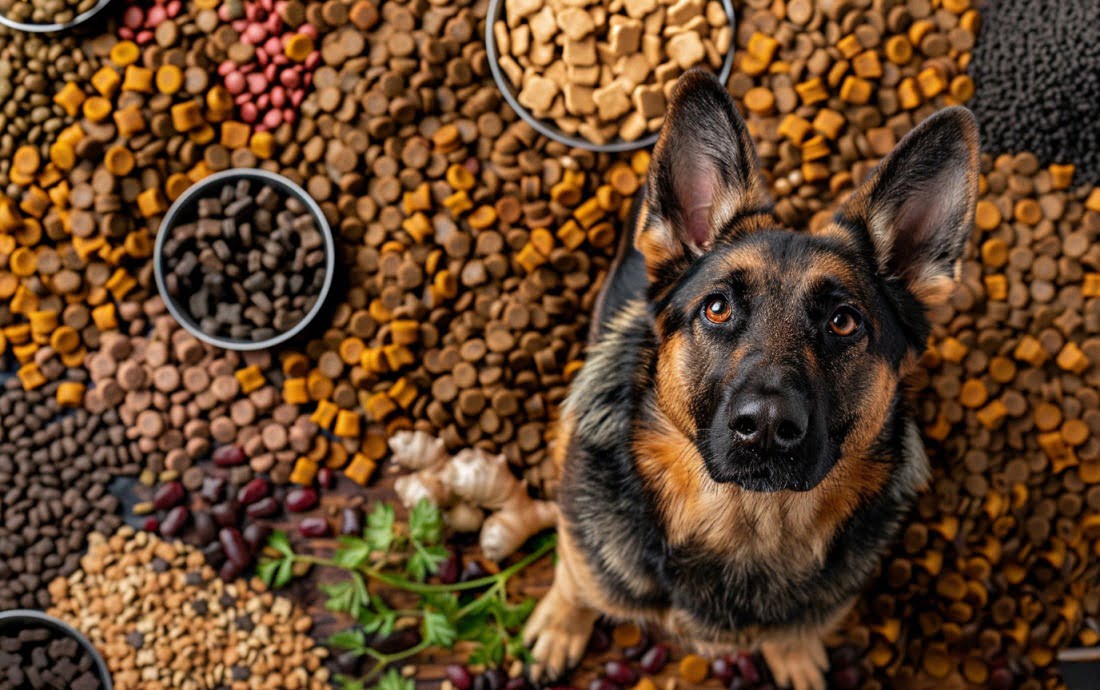
Stress: The Silent Weight Saboteur
Like us, GSDs can be affected by stress. Moving to another place, introduction of a new pet and even slight changes in routine may bring about anxiety. When dogs are anxious they tend to eat less and burn more energy through pacing nervously or restlessness. How do you assist them?
- Routine Rocks: Times for predictable feeding and exercise offer security.
- Zen Zone: Establish a quiet area where your German Shepherd can retreat when he needs some peace.
- Talk to Your Vet: In case the phobia becomes very serious, you may discuss with the veterinarian regarding solutions and calmers.
Parasite Patrol
Those sneaky worms and other microscopic nasties can steal away vital nutrients and keep your GSD from gaining weight. Stick to a regular deworming schedule and talk to your vet about preventives for your area.
The Gut Microbiome: A New Frontier
Okay this gets a little scientific but stay with me! Your German Shepherd’s tummy is full of trillions of bacteria known collectively as the gut microbiome. A healthy balance of these microbes is critical for good digestion as well as absorption of all those awesome food nutrients.
Prebiotics & Probiotics: You can use prebiotics (food for the good bacteria) or probiotics (good bacteria that are live) to support gut health in dogs. Always select supplements that are specifically formulated for dogs.
Puppies have unique nutritional needs; for underweight German Shepherd puppies, consult your vet for guidance on selecting the best dry puppy food.
Conclusion
This will be a journey of patience and understanding to help your German Shepherd achieve a healthy weight. You can unlock the full potentials in their lives by balancing their nutrition, tailoring exercise and paying attention to overall well being .Trust yourself, consult with a veterinarian, and don’t hesitate to try new ideas until you find something that works best for your furry best friend. Always remember that your pet’s health is an amazing gift from you; thus, it is crucial for you as his/her strongest advocate.
FAQs
Is it alright for a German shepherd to be just a little bit malnourished?
Naturally, some GSDs are skinny as they grow older. Nevertheless, the sudden and unaccounted loss of body mass must prompt you to see a veterinary doctor. It is better to take extra care of them and make sure they do not have any health problems!
Can changes in environment bring about weight lose in german shepherds?
Sure! They can be sensitive souls; these shepherd dogs. Relocation, bringing in new members into the family or even interfering with their daily activities may cause tension to them leading to poor appetite. What should you do? Ensure that there is serenity in the surrounding areas and offer plenty playtime.
My German Shepherd has gained weight but mostly just seems to have a belly – is that normal?
There could be several reasons for excess fat on a German Shepherd’s belly including:
- Bloating (especially in deep-chested dogs) -this requires immediate veterinary attention.
- Water retention, sometimes resulting from medication- consult your vet.
- A high-carb diet lacking enough protein- reconsider their food type or quantity.
How do I know if my german shepherd is at ideal weight?
Use Body Condition Scoring (BCS) chart for this! It helps you visually determine if your GSD is too thin, overweight or perfect. Alternatively, a vet can perform such assessments based on individual characteristics.
I’m broke; are there some affordable ways of assisting my German Shepherd dog gain weight safely?
Surely! Here are some cheap ways of boosting weight:
- Sweet Potatoes: Full of calories and nutrients
- Eggs: A good digestible supply of proteins and fats
- Plain Yogurt: Great for digestion (small amounts only)
- Fatty Fish: Sardines or salmon have omega 3s.
It is also a good idea to combine these with some good kibble for a balanced diet.

Healthy dogs mean happy dogs, and that makes me happy! I’m here to share all the tips for keeping your best furry friend in top shape, from puppyhood to their golden years.

